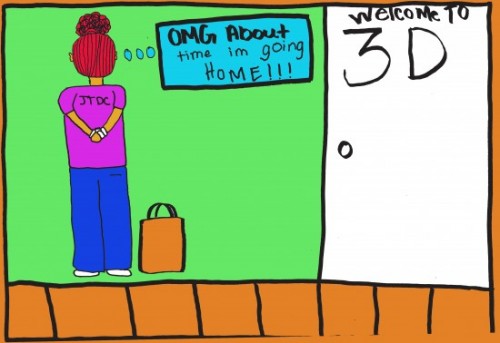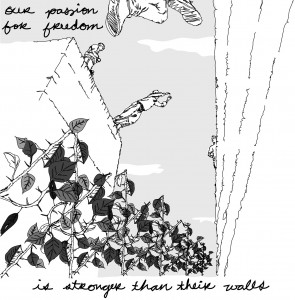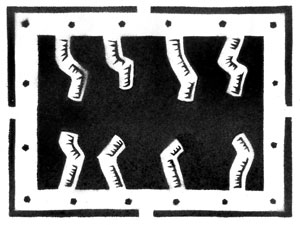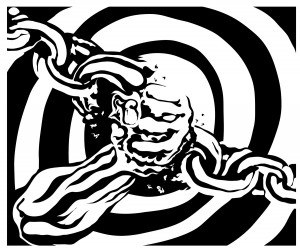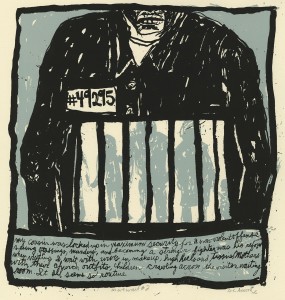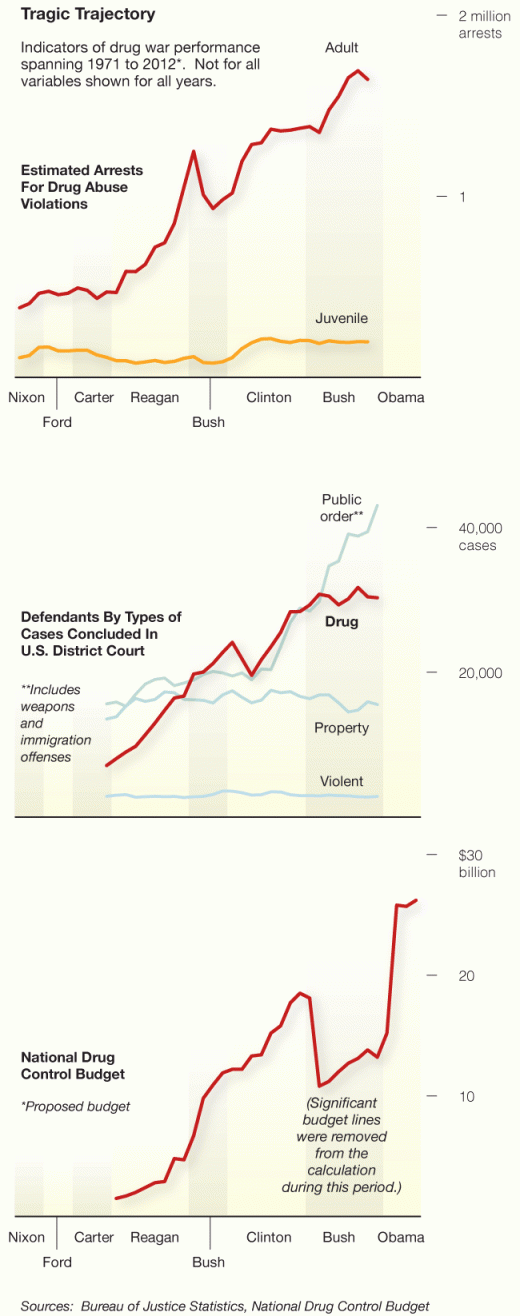Kensley Hawkins Gets To Keep His Money: The Illinois Supreme Court Rules that IDOC Cannot Steal Wages Earned by Prisoners

A few months ago, I wrote about the case of Mr. Kensley Hawkins on this blog. As a reminder, Kensley Hawkins had accumulated $11,000 over 20 years in prison from jobs that he has had while behnd bars. The State of Illinois wanted to garnish those earnings to have Mr. Hawkins pay for the costs of his own incarceration. Mr. Hawkins has been making about $2 a day building furniture at Stateville Prison which amounts to about $75 a month.
Today, I received this e-mail from the good folks at SNR Denton, a law firm that represented Mr. Hawkins pro-bono in his appeal [the e-mail has been slightly edited for length]:
“SNR Denton obtained victory (7-0) in its appeal before the Illinois Supreme Court in the case, titled People v. Hawkins. People v. Hawkins was on an appeal from an Illinois Appellate Court decision that upheld a $456,000 judgment against Kensley Hawkins for the cost of his incarceration and allowed the Department of Corrections to collect the approximate $11,000 that Mr. Hawkins had earned and saved over 21 years while working in prison as a furniture assembler.
This attachment of savings was in addition to the legislatively mandated 3% offset that was automatically deducted from Mr. Hawkins’ prison wages to pay toward his incarceration costs. The relevant statute requires that “{a}ll other wages” beyond the 3% offset must be deposited in the inmate’s account.
Mr. Hawkins was represented pro bono by SNR Denton. In addition, the Institute for People with Criminal Records filed an Amicus Curiae Brief in support of Mr. Hawkins’ appeal.
In the ruling authored by Supreme Court Justice Rita Garman, the court took issue with the Department’s policy noting that: “Here, the Department’s literal interpretation of sections 3–12–5 and 3–7–6 produces a result that is absurd, unjust, and that our analysis indicates was not contemplated by the legislature. We therefore reject that interpretation.”
A separate concurrence by Justice Lloyd Karmeier, joined by Justice Charles Freeman, noted the adverse impact of the Department of Corrections policy. Justice Karmeier wrote: “Work may be its own reward for some, but probably not for most inmates in the Department of Corrections. Once inmates realized that the extra work necessary to generate savings would benefit only the Department of Corrections, not them, they would quickly reevaluate the utility of prison employment. The result would likely be a precipitous drop in the amount of labor available to prison industries. If the number of work hours plummeted, the various enterprises operated by prison industries would no longer be able to provide the services and produce the goods necessary to keep them economically viable. The income they generate would evaporate, and they would no longer be able to provide any meaningful contribution toward offsetting the substantial costs of maintaining this state’s prisons. In addition, any real hope of providing inmates with marketable skills, instilling a work ethic, or improving their ability to support themselves and their families following their release would be lost. In the end, virtually the entire economic burden necessary to support this state’s large and growing prison population, while they are incarcerated and after their release, would revert to Illinois’ taxpayers.”
Studies have found that inmates like Mr. Hawkins who participate in vocational training programs have a 20% lower rate of recidivism. As the Institute noted in its Amicus Brief, “Not only is there a direct connection between unemployment and crime, there is considerable evidence of a connection between unemployment and repeat crime, i.e. recidivism.”
The Institute’s Amicus Brief also highlights the severe financial problems inmates face upon their release. For example, a study found of the more than 20,000 inmates who were released to Chicago communities in 2005, a staggering 1,200 of them ended up homeless.
“Our victory shows that Illinois is serious in promoting the basic hope of its prison system – namely, that once inmates are released they will not return to a life of crime – they are showing inmates that working and saving pays off. This is a necessary step to prevent inmates from immediately falling into poverty and homeless and back into the cycle of crime. Mr. Hawkins and other inmates in his position are not asking for a handout by any means. They simply want to be able to use the money they earned while working in prison to get them back on their feet,” said David Simonton, SNR Denton’s appellate counsel for Mr. Hawkins.
“Indeed, from a practical point of view, the confiscatory policy espoused by the Department of Corrections was self-defeating and financially backwards,” Mr. Simonton continued. “The State would have received a relative pittance from an inmate, as compared to the cost of his or her incarceration, but for the inmate it would have been everything. Without any savings to fall back on, the inmate was more likely slide back into a life of crime, which would cost the State far more in future incarceration expense. We are very happy that the Court’s decision unanimously recognized the absurd nature of the Department’s policy. ”
Out of deep respect for the lawyers who argued this case on behalf of Mr. Hawkins, I will refrain from commenting on some of the arguments advanced by the Justices in this case. That will be for another post on another day. You can read the judicial opinion for yourselves HERE
